HOW YOU CAN TRAVEL RESPONSIBLY IN THE MALDIVES

Eco tourism and sustainable tourism may be a hot topic in the travel industry at the moment but it has always been an integral part of our philosophy and part of our mission statement.
Secret Paradise tours are designed to allow our guests to experience the best from the paradise we call home, whilst ensuring that there is limited or no negative impact on the community or the environment.
We are committed to informing and demonstrating to our competitors, our team, our partners and ultimately our guests that we are committed to following social and environmental best practices.
At Secret Paradise we see this as an ongoing commitment in the development of sustainable tourism in the Maldives and pride ourselves that we were longlisted for the World Responsible Tourism Awards 2015.
The following are a few simple tips that require very little effort on your part during your holiday but which will help ensure that any effect you have on the locations you visit is positive rather than negative.
Reusing towels and saving electricity in your guest house
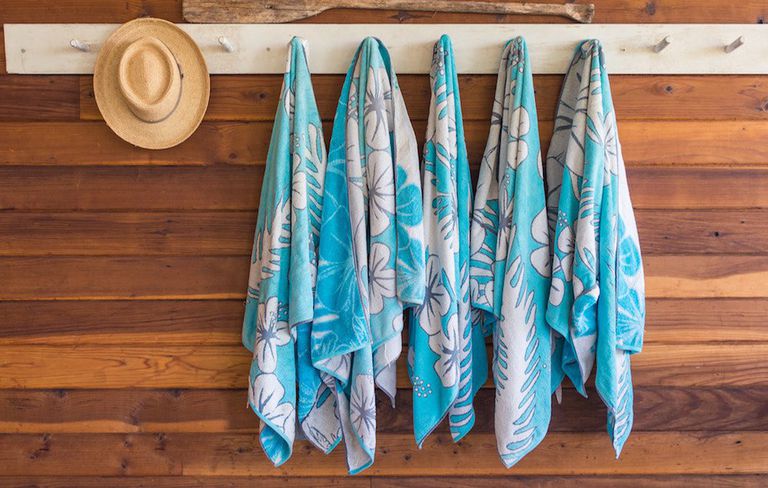
It is seen all over the world in small and large hotels, businesses trying to reduce their carbon foot print and the Maldives is no different.Re-use your towels in your guest bedroom rather than having them refreshed each day. Turn off your air conditioning when you leave your room. Make sure all the lights are switched off. All small actions that will provide long term positive results to the environment for you and future generations.
Plastic in the Ocean
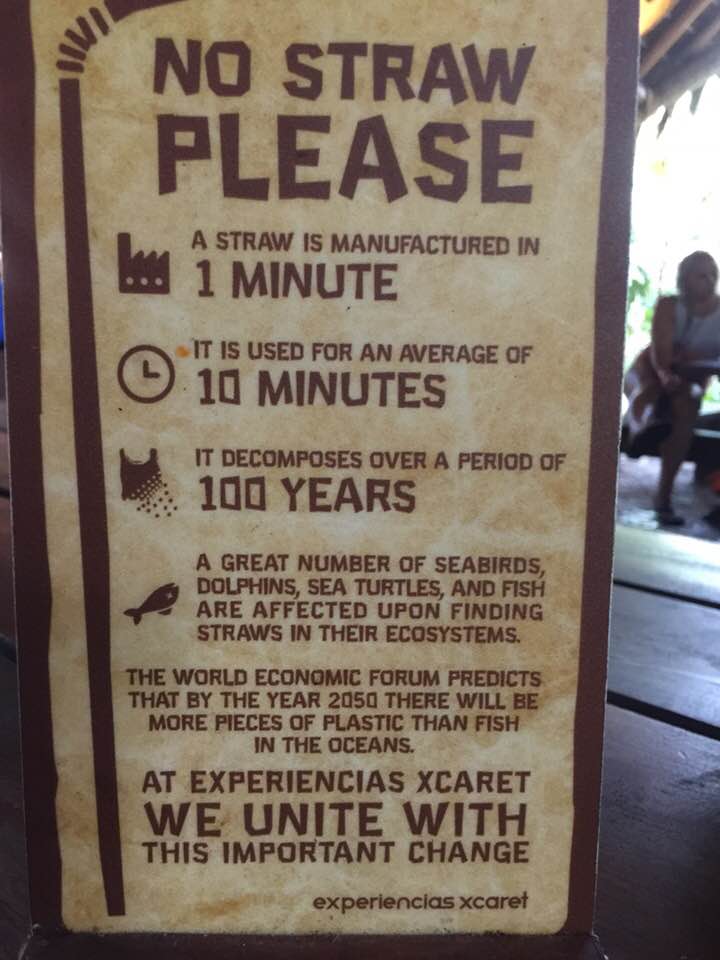
The Maldives, like many countries has experienced a real challenge in recent years with plastic bottles, straws and plastic bags washing up on the beaches. Local Island residents are making huge efforts to work together with many islands organising regular beach clean ups. Education and awareness regarding littering and how to reduce the use of plastic in daily life has also started to be introduced led by NGOs and dive centres in particular. But as a tourist you can also help. Bring a re-useable bottle with you and re-fill your water bottles where possible. Take your own bags with you when you go shopping and refuse plastic bags every time you leave a shop. Remove packaging from newly acquired items before leaving home and consider taking home as much plastic waste as you can.
Check out this link for more details on local initiatives
Buy Local
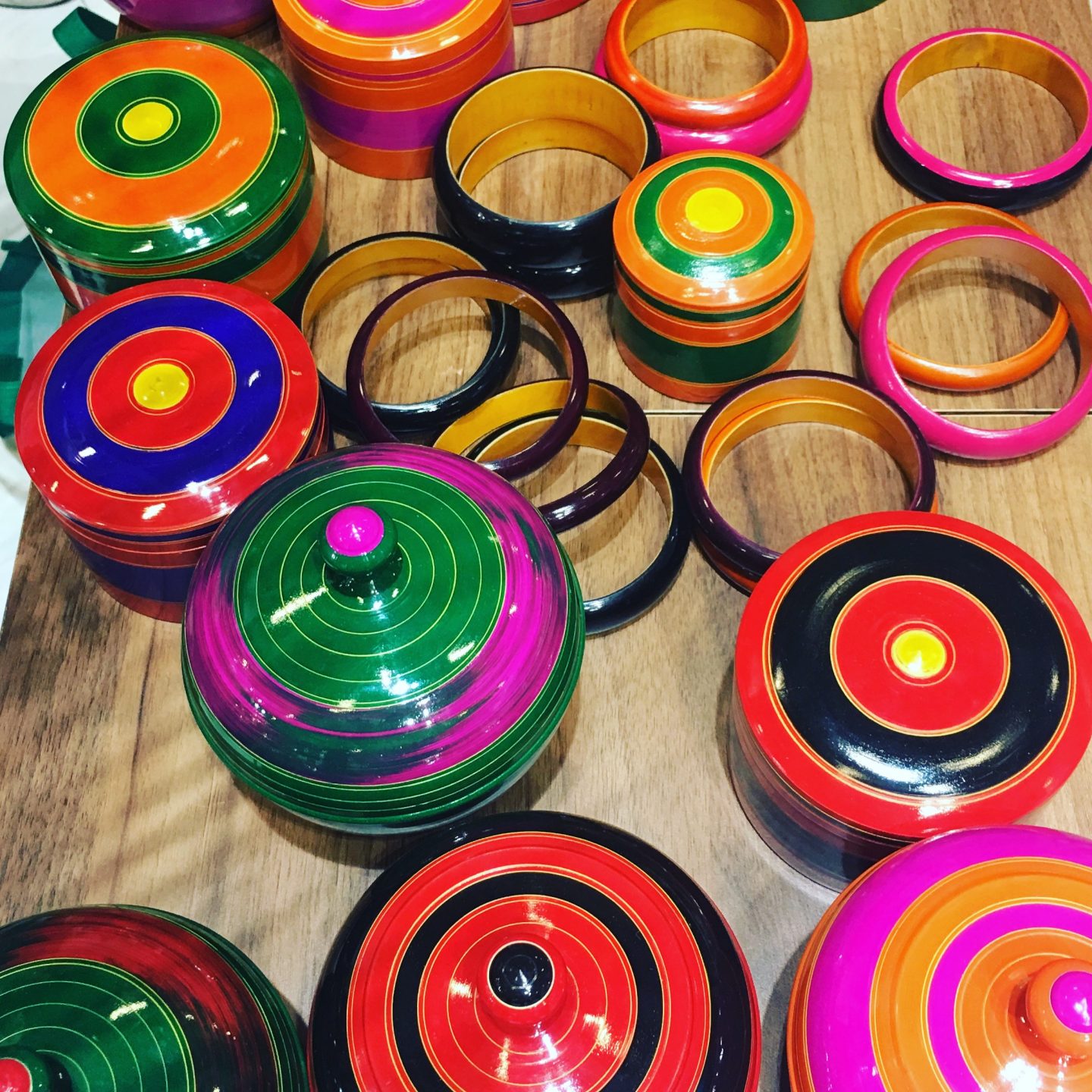
By staying in local island guest houses you are contributing to the local economy and increasing local employment. Local island guest houses in the Maldives are usually run by local island families where everyone is instrumental in the day to day running of the guest house. As a guest you benefit from meeting these local families and learning about their cultures and traditions; take it from us nothing beats Maldivian hospitality.
Buying local and eating local means that you are contributing to the local economy just like when you stay in the guest houses. Buying locally made souvenirs and eating local produce means that local farmers and small businesses benefit.Don’t be afraid to ask where produce or souvenirs have originated as there unfortunately is still a lot of imported souvenirs on offer.
Leave no traces of your visit behind
Many people say ‘I am just one person how can I make a difference to the environment on my own?’But all you need to do is take responsibility for yourself and the people you are travelling with. Don’t leave litter on the beaches or around the islands. Don’t throw garbage over board when on the boats travelling around the islands. Lead by example and pick up rubbish and dispose in the nearest waste receptacle. Every small effort like this will have a positive effect on the future of our environment.
Leave the ocean as you found it
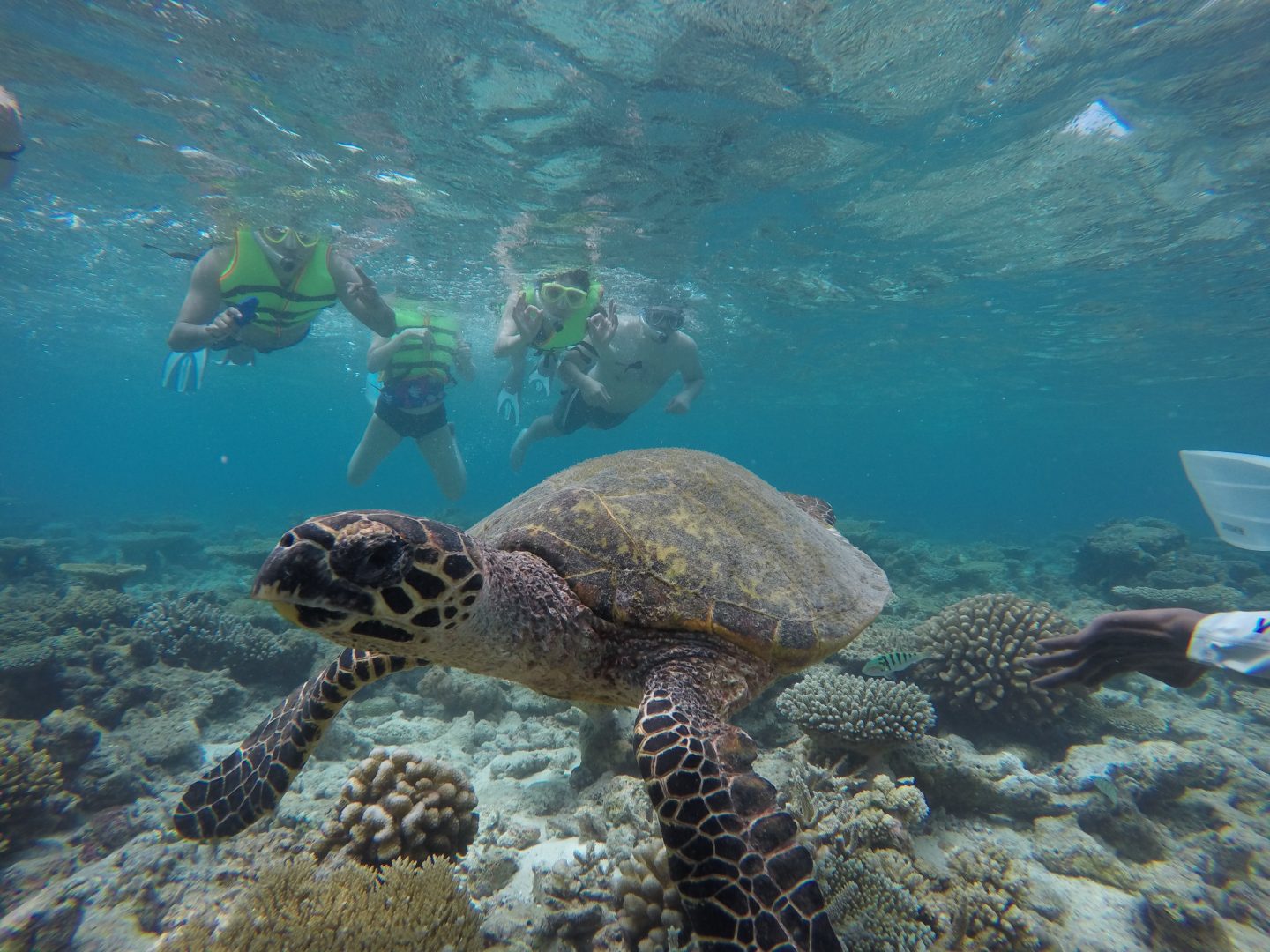
As tempting as it is to take a piece of beautiful coral home or chase after the sea turtles, mantas or whale sharks and touch them – you are destroying the oceans natural habitat by doing these things. Maldives turtles and Whale sharks are endangered species and need protection. Feel free to view the beautiful underwater world of the Maldives but leave it where it is. The ocean life is wild and we want it to remain that way. The Maldives is one of the many countries affected by coral bleaching due to rising temperatures in the sea and global warming. Campaigns run by Save the Beach and local island guest houses like Eco Dive Club in Maafushi are working hard to rebuild these areas by planting coral nurseries and researching the effects of global warming.
More details on initiatives are here.
Respect local culture and dress codes
The Maldives is an Islamic country and tourists should respect cultural differences not try to change them, we are after all only guests in someone’s home. Dress respectably away from beaches, ask permission (and ladies cover your head) if you are visiting religious places. Note local dress codes and follow them. There is so much culture in the Maldives and the local island people love to share their traditions and culture with tourists so ask, learn and enjoy.
Want to help more?
Volunteer/beach clean up
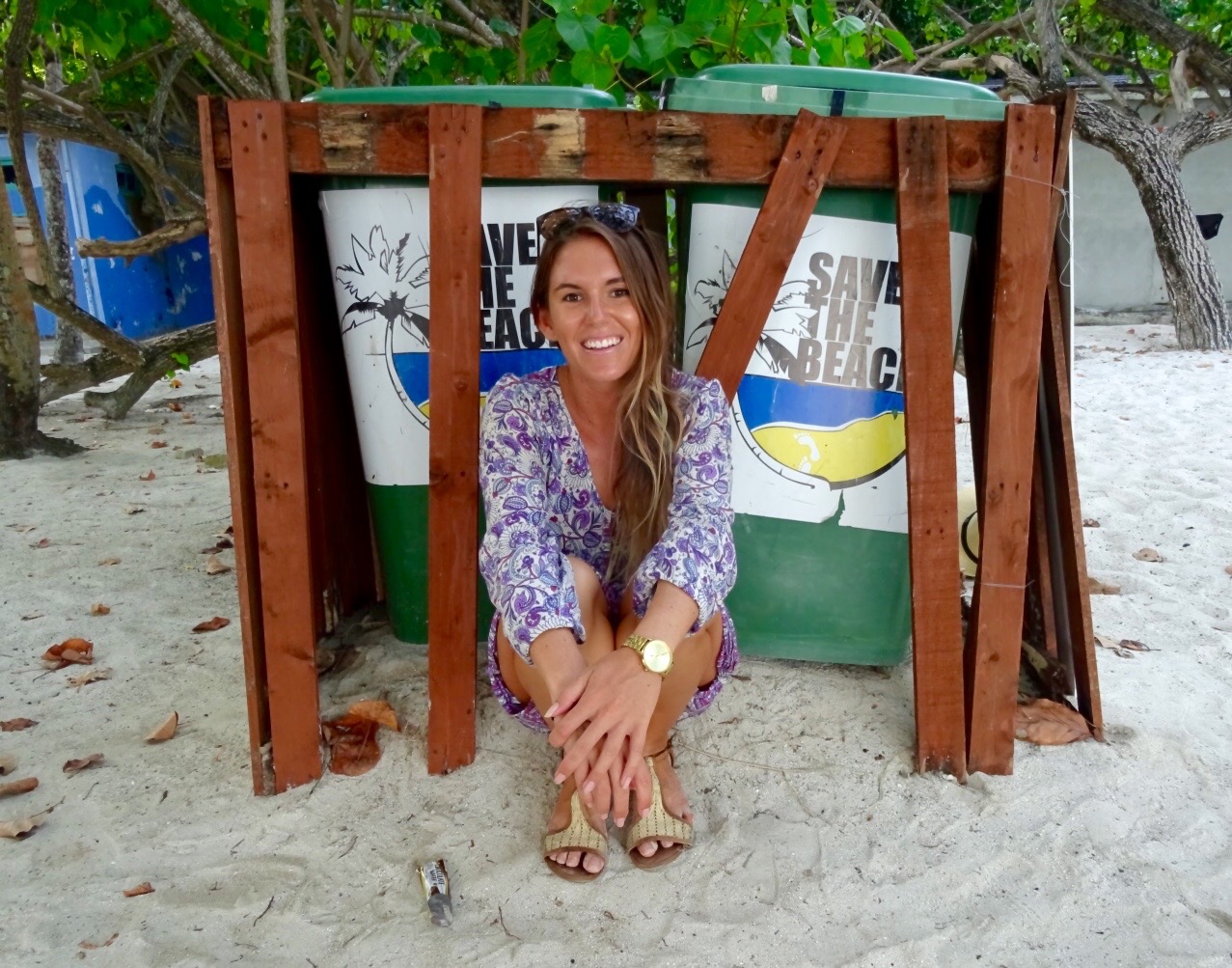
Many local islands are running initiatives like volunteer beach clean ups on a regular basis. Ask your Secret Paradise guide or guesthouse owner if there is one scheduled during your stay, it’s a great way to meet the local community and you are contributing to environmental clean ups.
How about learning more about the local communities and initiatives?
Secret Paradise Maldives and Sun sHADe Volunteers provide opportunities for responsible and meaningful working holidays in one of the most beautiful places in the world. More details about this program can be viewed through this link.
Remember together we can make a difference #letusguideyou
You can also view our full Responsible Tourism Policy here